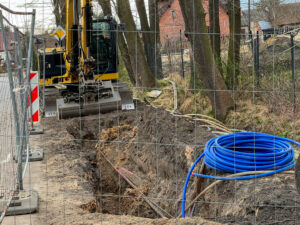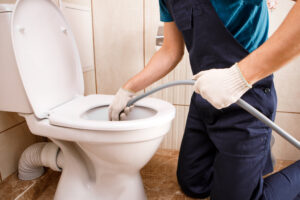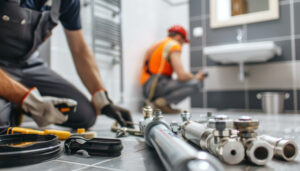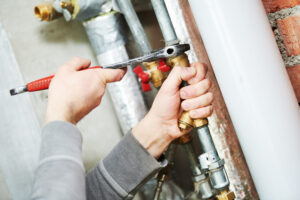Last Tuesday, I waded through my neighbor Frank’s basement in Lakewood after his sump pump failed during our first heavy spring rain. Six inches of water, family photos floating by, and that unmistakable musty smell that haunts basements for months afterward. “Should’ve checked the damn thing in March,” he muttered, hauling soggy cardboard boxes upstairs.
Frank’s misfortune is a reminder for all of us living along the Jersey Shore – that neglected sump pump in your basement deserves attention now that winter’s grip has loosened. Don’t wait until it’s an emergency and you’re shopping for a new water heater and throwing out ruined possessions.
The Shore’s Unique Challenges
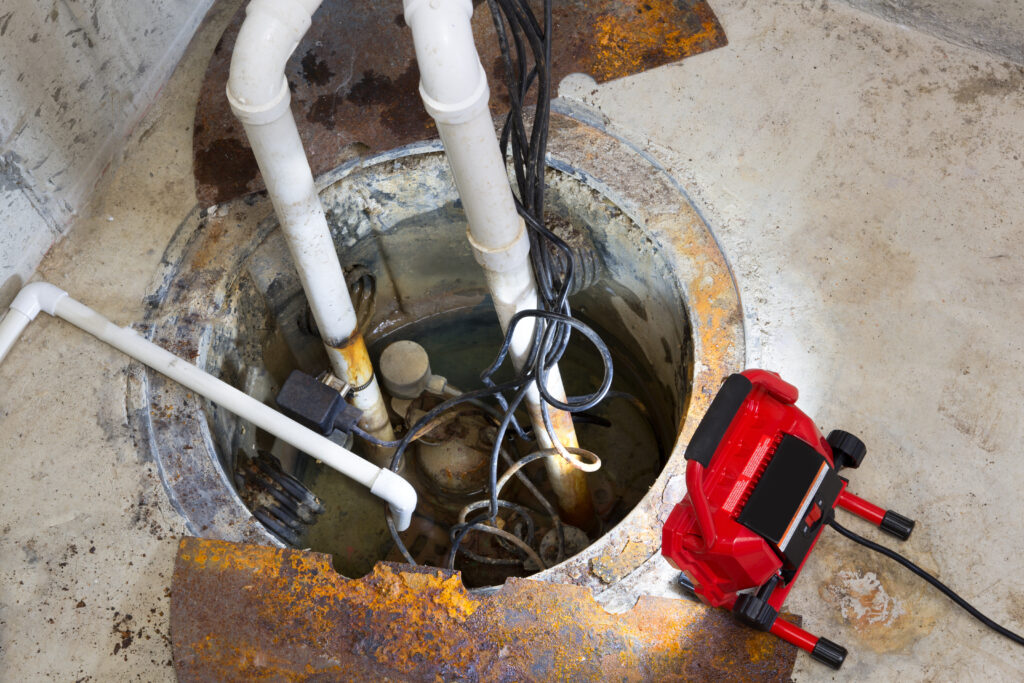
Sump Pump Repair NJ
Living in Lakewood and the surrounding Shore area means we face flooding challenges mainland folks just don’t understand. Our water table practically high-fives our foundations during spring thaws. That sandy soil we love at the beach? It’s channeling water toward your basement like a highway. Add our notorious nor’easters and the occasional coastal storm surge, and you’ve got a recipe for wet basements.
I’ve lived through enough spring floods to know that post-winter maintenance isn’t optional – it’s as essential as testing your smoke detectors.
Beyond the Basics: Real-World Maintenance
Most maintenance guides tell you to clean your pit and test your pump. Yes, obviously. But here’s what really matters:
Listen to Your Pump’s Voice When testing your pump, actually listen to it. A healthy pump has a distinct sound – a smooth, consistent hum. If yours sounds like a blender full of pennies, the bearings are likely shot, regardless of whether it’s still pumping. Replace it now, not at 2 AM during a downpour.
The Check Valve Nobody Checks That little valve on your discharge pipe preventing water from flowing back? It fails silently and catastrophically. Remove it completely and inspect the flapper. If it’s stuck, cracked, or has mineral buildup, replace the entire valve. It’s a $15 part that can save thousands.
The Discharge Line Truth Follow your discharge line from pump to exit point. I’ve seen lines crushed by winter ice heaves, clogged with debris, or even disconnected entirely – all while homeowners wondered why their basements kept flooding despite “working” pumps.
During our February freeze, many discharge lines cracked without showing obvious damage. Pour water directly into your discharge line’s exit point and watch for leakage along its path.
Go Beyond the Bare Minimum
After 15 years of helping Jersey Shore neighbors with flooded basements, I’ve developed strategies that actually work:
Double Up Wisely Installing a second pump isn’t about redundancy – it’s about longevity and capacity. Position the backup pump slightly higher than your primary. This means it only kicks in during heavy flows, extending its life while providing insurance when you need it most.
Power Planning After Sandy left us in the dark for days, I installed a marine battery backup system with enough capacity to run my pump for 36 hours. For about $200, it’s cheaper than a flooded basement deductible and doesn’t require generator fuel.
For properties closer to the beach in places like Point Pleasant or Seaside, consider a water-powered backup that uses municipal water pressure to function during power outages.
The Monitoring Game-Changer A simple water alarm costs under $20 and will wake you if water levels rise. Better yet, newer WiFi-connected sensors alert your phone when trouble starts – even if you’re not home. They’ve saved my basement twice during unexpected winter melt events.
Hidden Issues You Can’t Ignore
Winter Salt Damage Our roads get heavily salted all winter, and that brine eventually seeps into groundwater. By spring, your pump has likely processed mineral-laden water that leaves destructive deposits. Flush your entire system with clean water after cleaning the pit.
The Pit Problem Most sump pits are too small for Jersey Shore conditions. If yours measures less than 18 inches across, consider upgrading to a larger basin. A bigger reservoir provides crucial minutes of protection if power fails during a storm.
Take Action Now
Don’t wait for the first heavy rain to discover problems. Test everything today, even if it means pouring buckets of water into your sump pit to force pump activation.
Our neighborhood hardware store in Lakewood stocks all the essentials, and most Shore plumbers offer spring maintenance specials right now. A $150 service call feels expensive until you’re paying thousands for flood restoration.
Remember Frank’s flooded basement? Three days later, he had mold beginning to sprout on baseboards. Six months later, his homeowners’ insurance dropped him after his second claim in three years.
Your sump pump is the silent guardian between you and thousands in water damage. Give it the attention it deserves before the spring rains prove how essential it really is.


